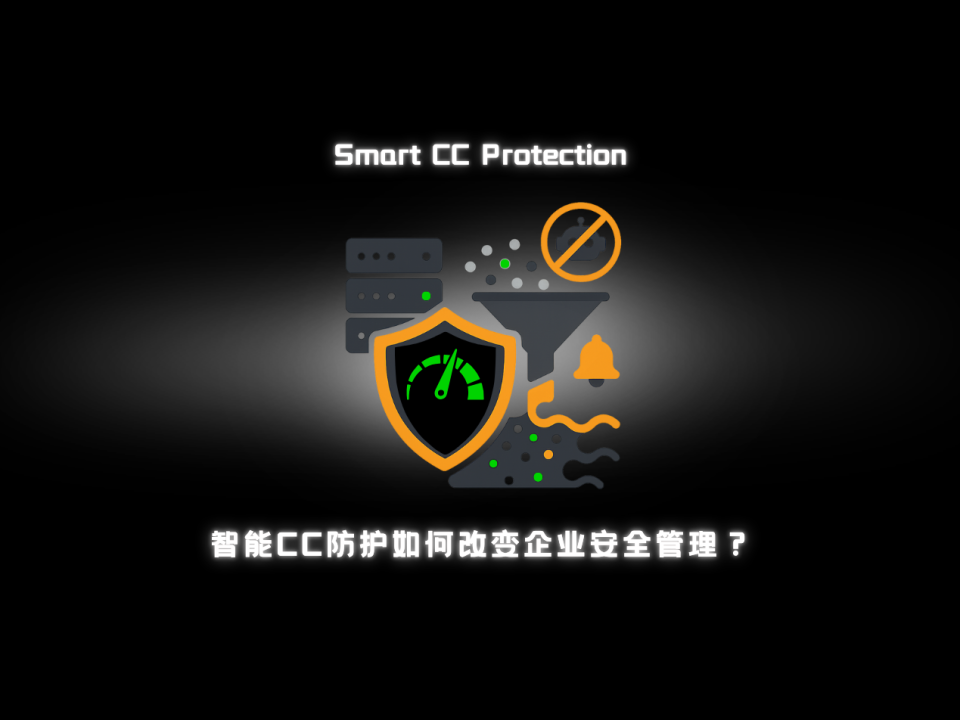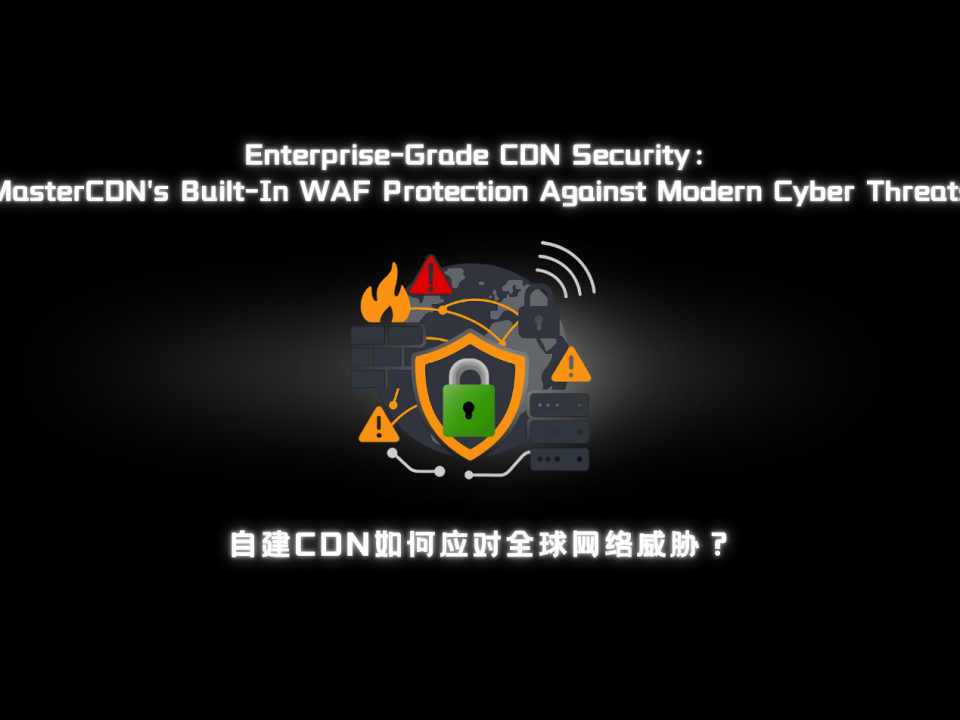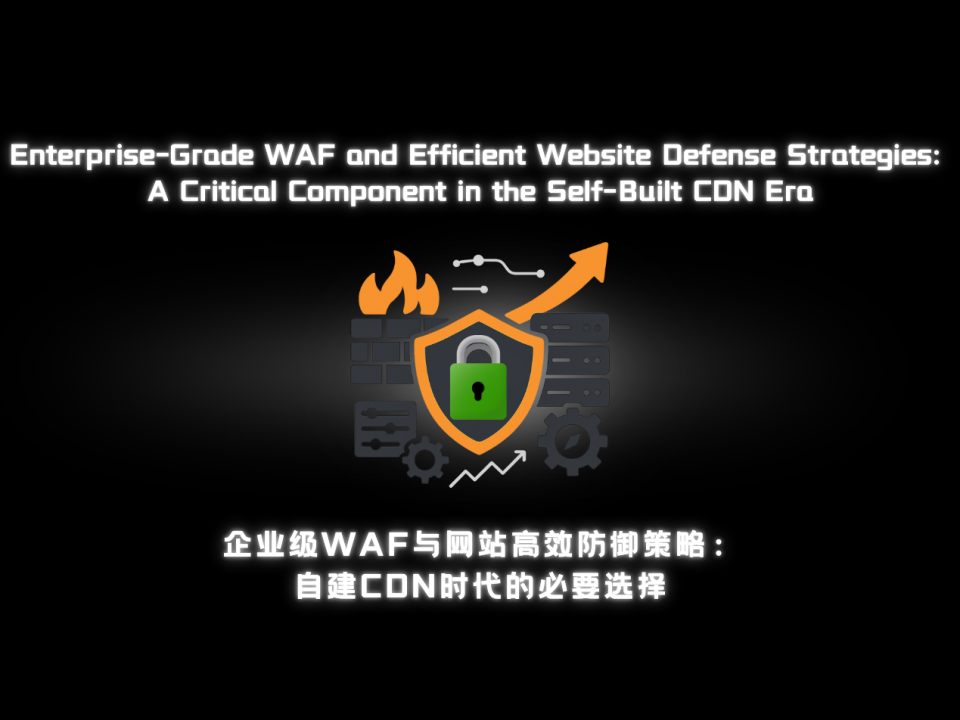
How to Build a Self-Hosted CDN
18/02/2025
Should You Build Your Own CDN? Evaluating the Benefits and Challenges
26/02/2025What Is a CDN Server? Understanding Its Role, Benefits, and Future Trends
CDN Server Overview
A CDN (Content Delivery Network) server accelerates web content delivery by distributing data across multiple global nodes. This reduces latency, optimizes bandwidth usage, and enhances security.
How CDN Servers Work
CDN servers cache content at edge locations, ensuring users retrieve data from the nearest available node. Key functionalities include:
- Edge Computing – Processes requests closer to end-users, minimizing response times.
- Content Caching – Stores static assets like images and scripts for faster retrieval.
- Intelligent Traffic Routing – Uses AI and BGP-based routing to optimize delivery paths.
- Security Protection – Integrates SSL, WAF, and DDoS mitigation to safeguard against attacks.
Why Use a CDN Server?
- Faster Load Times – Reduces latency and improves website responsiveness.
- Lower Server Load – Minimizes direct requests to the origin server.
- Increased Availability – Ensures uninterrupted service even if some nodes fail.
- Enhanced Security – Protects against cyber threats with AI-driven traffic filtering.
Choosing a CDN Provider
When selecting a CDN solution, consider:
- Network Coverage – Ensure a wide global node presence.
- Performance Features – Look for HTTP/2, QUIC, and real-time load balancing.
- Security Measures – Require DDoS protection, SSL encryption, and WAF.
- Technical Support – Opt for 24/7 expert assistance.
Conclusion
CDN servers are integral to modern digital infrastructure, supporting web acceleration, streaming, gaming, and enterprise security. With advancements in AI, 5G, and edge computing, the future of CDN technology promises even greater efficiency and security. Businesses can leverage MasterCDN’s expertise to deploy high-performance content distribution networks tailored to their needs.



